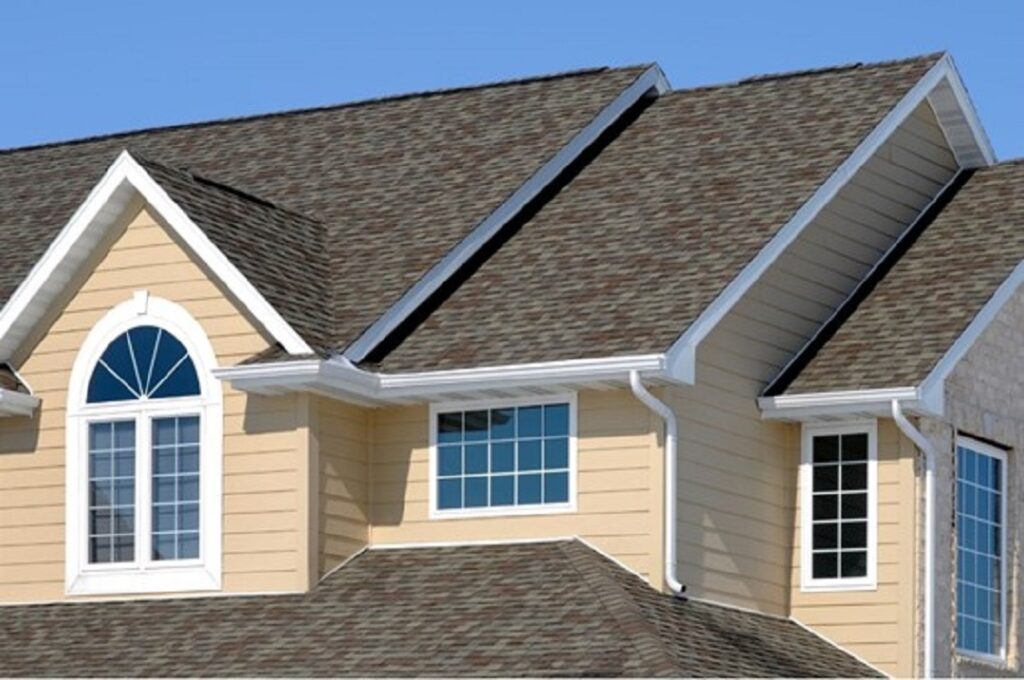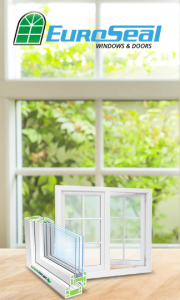CALL US: 416-650-5070
Menu
CALL US: 416-650-5070
CALL US: 416-650-5070
Windows are a key feature of any home, they are how we let in natural light, enjoy fresh air and view the outside world. When it comes to replacing your windows, it is therefore important to ensure that you pick the perfect design and you want something that is sure to be up to date with both style and technology.
Knowing when to replace your windows can be tricky and depends on a number of factors. The material itself, the quality of installation and regular maintenance will all play a role in determining how long your windows will last before needing replacement.
We took a closer look at the facts behind replacing windows, and all you need to know to ensure that your home remains insulated, protected and comfortable.
So, just how long do windows last? The answer to this question can vary widely, depending on the quality and type of window material. On average, you can expect a good quality timber or UPVC window to last between 15–20 years before needing replacement, whilst aluminum windows will typically last for around 25 years. However, with regular maintenance and the right installation, these numbers can be improved.

Your windows may last longer if you take the time to look after them. Regular maintenance is essential, as it will help reduce wear and tear and ensure that your windows are operating at their best. Some of the most important maintenance tasks to consider include:
Make sure you regularly clean your windows using a suitable cleaning solution – this will remove dust, dirt, and debris, which can wear away at the material of your windows over time, reducing their lifespan, and limiting the quality of your view!
Have a professional inspect your windows once a year to check for any potential problems or damage – this will help ensure that any issues are caught early and rectified quickly.
If you notice any signs of wear or damage on your windows, have them repaired as soon as possible. Repairs to your windows can often be done quickly and cheaply, and may help extend the life of your windows significantly; it is always cheaper and easier to catch a problem early and apply a fix than it is to replace an entire window.
As we mentioned, the life expectancy of a window will depend greatly on a range of elements, and some of the most significant include:
The type of material used to construct the window will have a large impact on how long it will last. As noted, UPVC and aluminum windows tend to be more durable than timber and may last for longer periods of time without needing replacements.
Proper installation is essential in ensuring that a window can withstand the elements and retain its form over time. Additionally, regular maintenance tasks such as cleaning and inspections are essential for preserving the longevity of your windows.
This is one area in which initial investment can really pay off. Windows that contain higher quality material and construction tend to come with a higher price tag upfront but are often much more durable and may last for many years longer than cheaper alternatives. It is important to take this into consideration when selecting new windows for your home.
The first key question to consider is whether you need to replace your windows at all. Generally, if your windows are more than 15 years old, they are likely outdated and inefficient. Signs that you should replace your windows include:
Often, the first sign that you need new windows is that you can feel a draft when you stand near them. This occurs because the seals are no longer tight, and air is getting through, making your home colder and less energy efficient.
If your windows are sticking or difficult to open or close, this can be a sign of warping or rot in the frames, suggesting that they need to be replaced.
If you can hear a rattling or buzzing noise coming from your windows, this could indicate that the glazing is failing, and in this case, replacement is usually the best solution.
If condensation is appearing between the panes of glass on your windows, this means that the seals are no longer functioning correctly and need to be replaced, failing to act could result in a buildup of dampness or condensation in your windows.
When it comes to replacing your windows, there are a few key things that you should consider, and these include:
The most important factor to consider when selecting new windows is energy efficiency. Look for windows that are rated as Energy Star compliant, as this will ensure that your home is well insulated, and you can save on your heating costs in the long run.
When selecting a window, think about the amount of ventilation you would like it to provide for your home – this refers to how much air can get in, and will often depend on the direction your window faces. If you want to be able to open your windows to let in some air, look for double-hung or sliding windows.
Finally, think about the style of window that you would like for your home – do you prefer a traditional look with timber frames? Or maybe something more contemporary? At the end of the day, it is important to find a window that suits your home and your taste.
Now that we have taken a look at some of the main things to watch for when replacing windows, you may be wondering which materials are the best choice for a durable investment.
Vinyl windows are a popular choice for many homeowners due to their low maintenance, affordability, and durability. Vinyl windows are known for lasting 15-20 years or more, depending on how well they are maintained and cared for. Regular inspections should be performed to ensure that the seals remain tight, as well as checking for any signs of damage or wear and, as mentioned, cleaning is also important in order to prevent dirt and debris build-up, which can cause discoloration.
Another popular choice is wooden windows, and these have the potential to last for many years if they are well-maintained. Wooden window frames should be regularly inspected to check for any signs of damage or wear – this can be more common with this type of material. If your wooden frames are looking a bit worse for wear, then it may be time to consider refinishing them.
Aluminum windows are known for their durability, as this material can last up to 30 years with proper care and maintenance. The best way to maintain aluminum windows is to make sure that they are regularly inspected for any signs of damage or wear, as well as cleaning them in order to prevent dirt and debris build-up. Keep in mind that because of the metal’s conductivity, aluminum windows can be more prone to condensation.
When it comes to choosing windows for your home, there are a few key things to consider – energy efficiency, ventilation and style. Knowing which materials are best for long-lasting windows can be helpful too – vinyl, wooden or aluminum are all great options that offer durability.
Here at Euroseal, we pride ourselves on our range of high-quality vinyl replacement windows that are designed to last. Our products come in a variety of styles and materials, so you can find something to suit your home and budget, and our experienced team will have your new doors installed in no time. Contact us today and find out more about how we can help you!

© 2025 Euroseal Window Industries Ltd. All Rights Reserved.
Read more